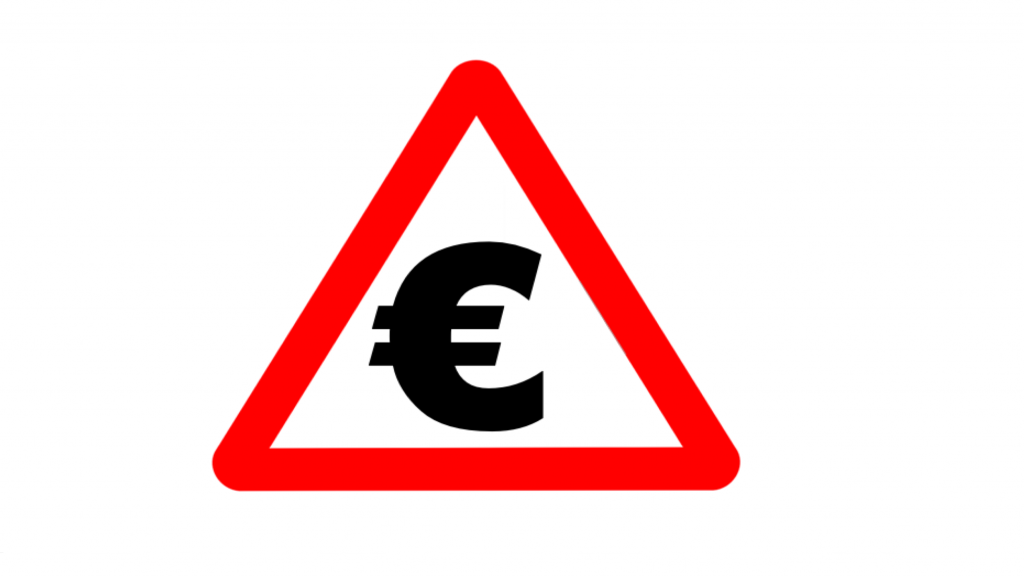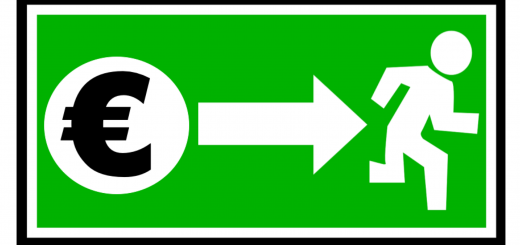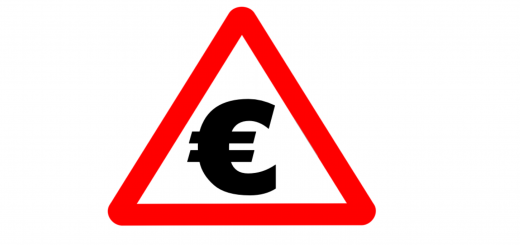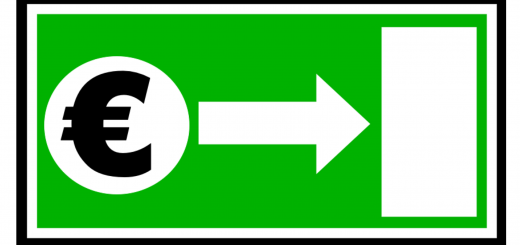Apply the capital gains tax fairly on the yield obtained

As also indicated in the article on the difference between income tax and profit distribution, the inequality between wealthy and employees is increasing. Thomas Piketty provides in his two books an extensive analysis of how the difference between rich and poor is getting bigger and what the disadvantages are. This is not only due to the difference in assets and the differences in deductions for companies, but also due to the ability to grow assets almost untaxed.It shouldn’t really matter why you get richer, you should always pay tax on the benefit you get when it gets more. If we don’t, we should also be questioning income tax. That is why the capital gains tax should also be better. Not based on a fictitious return but on an actual return. And not only the return through interest or profit distribution, but also the return through increasing value of things that have been sold
In principle, tax is paid on the interest received and the dividend that is paid. In addition, tax should be paid on the royalties received. All three can be dealt with by levying tax at source, namely the one who pays the interest, royalties or dividend and has to pay profit distribution tax on it. It becomes more difficult with things that have become more valuable between purchase and sale. In addition, there is a clear advantage during the sale, but you cannot access it during the build-up of that advantage. It is therefore obvious to tax this benefit during the sale and only for the part for which no costs have been incurred. Such a tax will replace the current capital gains tax.
This may mainly include the sale of shares and the sale of a house. The surplus value of the shares, minus inflation, minus purchase and sale costs, minus purchase value is profit. That profit on shares is a clear advantage that is currently subject to limited tax. In other countries it is very common for this to be taxed, for example in the United Kingdom as Capital Gain taxes of 15% to 20%. For the Netherlands, a tax rate that is comparable to the dividend tax can be proposed, ie about 15% to 25% capital yield tax. Naturally, the loss that is made on the sale of shares can then be deducted.
The same system can be used for the sale of other valuable items such as art, antiques, watches and bitcoins. After all, a trader would also have paid tax on the profit on his merchandise. Of course, costs and losses on comparable products can also be taken into account here. A comparable capital gains tax of, for example, 25% is then levied on the rest.
It gets exciting when the owner-occupied home is sold. After all, an increase in the house price is a profit for the seller. On the other hand, it can be said that here too the costs can of course be deducted, with the most important costs being the renovations, maintenance and mortgage interest. With a mortgage interest rate of 2%, a house must therefore increase in value by more than 2% in a year to be able to speak of a profit on sale at all. What remains can then again be subject to a capital gains tax of 25%. The transfer tax of 2% will of course be abolished as otherwise it would be double taxation. This is advantageous if house prices have risen to a limited extent, but disadvantageous in the case of large increases.
At present, an equivalent tax is already levied on the sale of shares in the case of a substantial interest, that is, in the case of ownership of more than 5%. Then a 25% substantial interest tax is levied on the difference between the value at purchase and sale. An entrepreneur who starts a company, sees that company increase in value and eventually sells it partially, has to pay tax on it. It would be crazy if someone could collect a few million tax-free because an investor wants to buy their share. That he gets so much money is his merit, but he is not above the employee in the sense of paying taxes, is he? In reality, he is because no equal percentage is paid as for income tax. So, at this point in time, the seller of the company’s stock is at an advantage over the employee when it comes to paying taxes on what he gets, but mainly because corporate tax is not always paid.
As one might expect, a tax on capital gains is mainly borne by the most wealthy persons. As Piketty has already indicated, wealth eventually attracts wealth and therefore most tax is levied there. In percentage terms, however, nothing else happens than with an employee who invests or saves. So an equal capotal gain tax does not counteract wealth inequality growth, it only slows it down. Only with a progressive tax and with a start at the same point as the income tax will there be a shrinkage of wealth inequality. So there should be at least a capital gains tax that is the same as the income tax.







